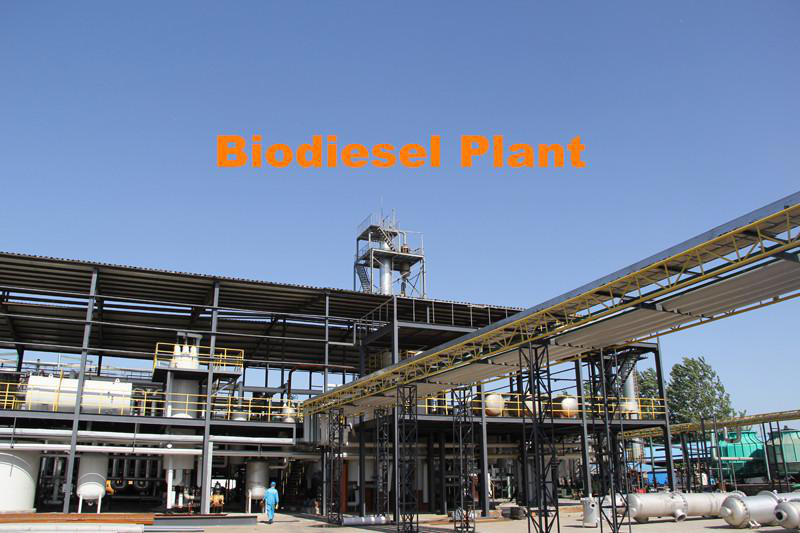
Significance of Developing Bioenergy:
As a global limited strategic resource, petroleum is non-renewable. The greater the dependence on its import, the greater the risk, and even endangers the national energy strategic security. Therefore, finding new energy, especially renewable energy, is an urgent issue facing all countries. In view of the limited petroleum resources in China, Xu Xu, President of the Chinese Academy of Engineering At a seminar, Kuangdi proposed that we should base our country’s raw materials on large-scale production and replace liquid fuel-biodiesel. This not only solved the problem of energy shortage, but also had important strategic significance for enhancing national oil security. The development outline of the Tenth Five-Year Plan of China puts forward the development of various petroleum substitutes, and the development of bio-liquid fuels is defined as the direction of national industrial development.
Characteristics of Biodiesel:
Compared with ordinary diesel, biodiesel is more environmentally friendly. The emissions of toxic organic compounds, particulate matter, CO2 and CO in diesel vehicle exhaust are only 10%, 20% and 10%, respectively.
Current Situation of Biodiesel Abroad:
At present, there are four biodiesel production plants in the United States, with a total production capacity of 3 x 105 t/a and a blending amount of 10%-20% in ordinary diesel oil. The tax rate of biodiesel is 0. There are eight biodiesel production plants in Germany, with more than 300 biodiesel filling stations with a production capacity of 2.5 *105t/a. The standard DINV51606 for biodiesel has been formulated, which does not levy taxes on biodiesel. There are seven biodiesel plants in France, with a total production capacity of 4 x 105t/a, 5% of the blended diesel oil and a tax rate of 0. Italy has nine factories with a total production capacity of 3.3 x 105t/a and a tax rate of 0 for biodiesel.
Austria has three biodiesel production plants with a total production capacity of 5.5 x 105t/a and a tax rate of 4.6% for petroleum and diesel. Belgium has two, with a production capacity of 2.4 x 105t/a. Japan’s biodiesel production capacity has also reached 4 x 105t/a. The European Union has recently issued two new directives requiring EU countries to reduce biodiesel tax rates and to regulate the proportion of biodiesel sold in European automotive fuels, which will further promote the development of the European biodiesel industry.
Current production methods of biodiesel in China:
Biodiesel is mainly produced by chemical method in our country. Vegetable oil is esterified with methanol or ethanol in acid or alkaline catalyst and at 230-250 C to produce corresponding fatty acid methyl ester or ethyl ester biodiesel. Compared with petroleum diesel, the cost of biodiesel produced by this process is much higher than that of petroleum 0 # diesel, so the industrialization of biodiesel has not been realized in China.
Characteristics of Biodiesel Production by New Process:
Sources of raw materials are wide: cheap vegetable oil, waste vegetable oil, oil leftovers, various fatty acids, methanol, crude methanol.
Technological characteristics: Because of adopting new technology and special catalyst and additive technology developed exclusively, the production cycle is short, easy to operate, normal temperature and pressure, high safety, pollution-free and emission-free, it is suitable for large-scale industrial production and small-scale manual production.
The performance indexes of biodiesel meet the biodiesel standard.
Low Cost: According to the price factors of raw materials, the comprehensive cost of biodiesel is between 1900 and 2200 yuan per ton.